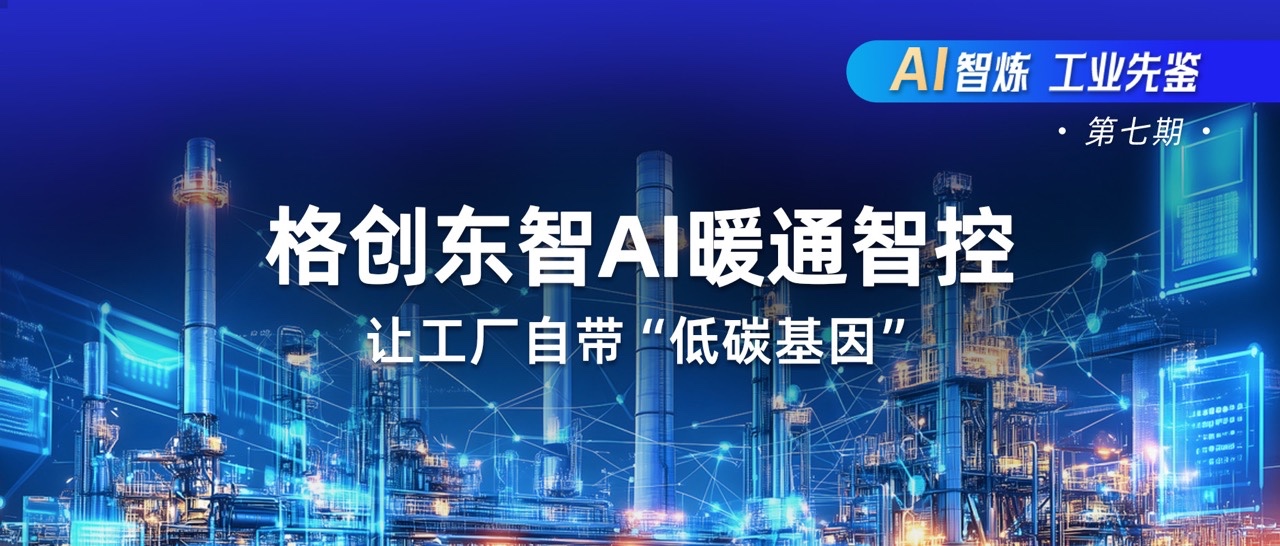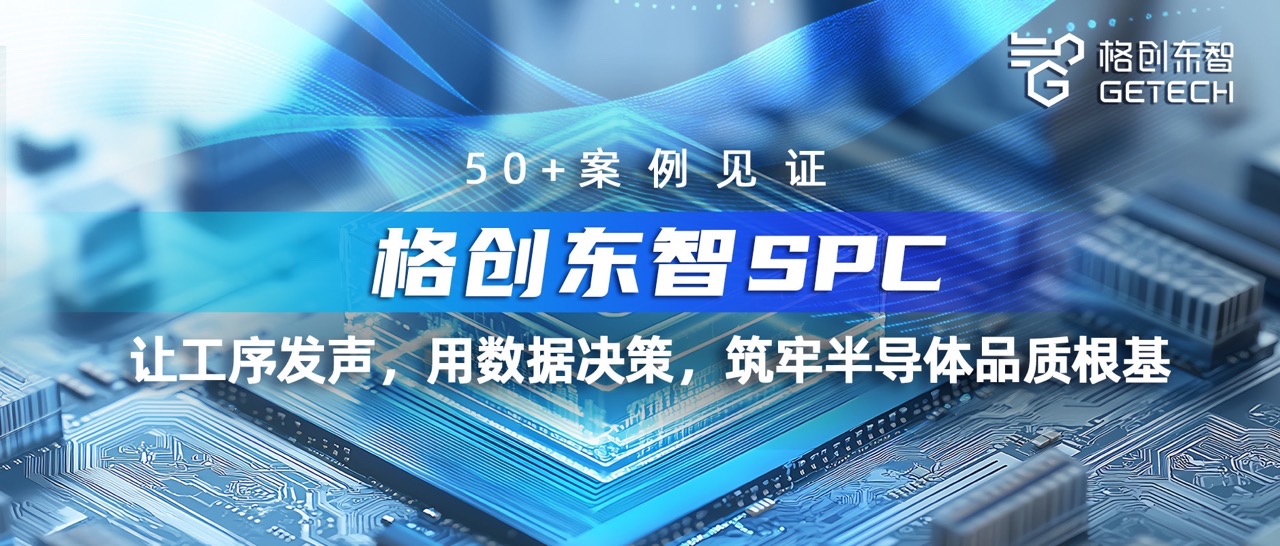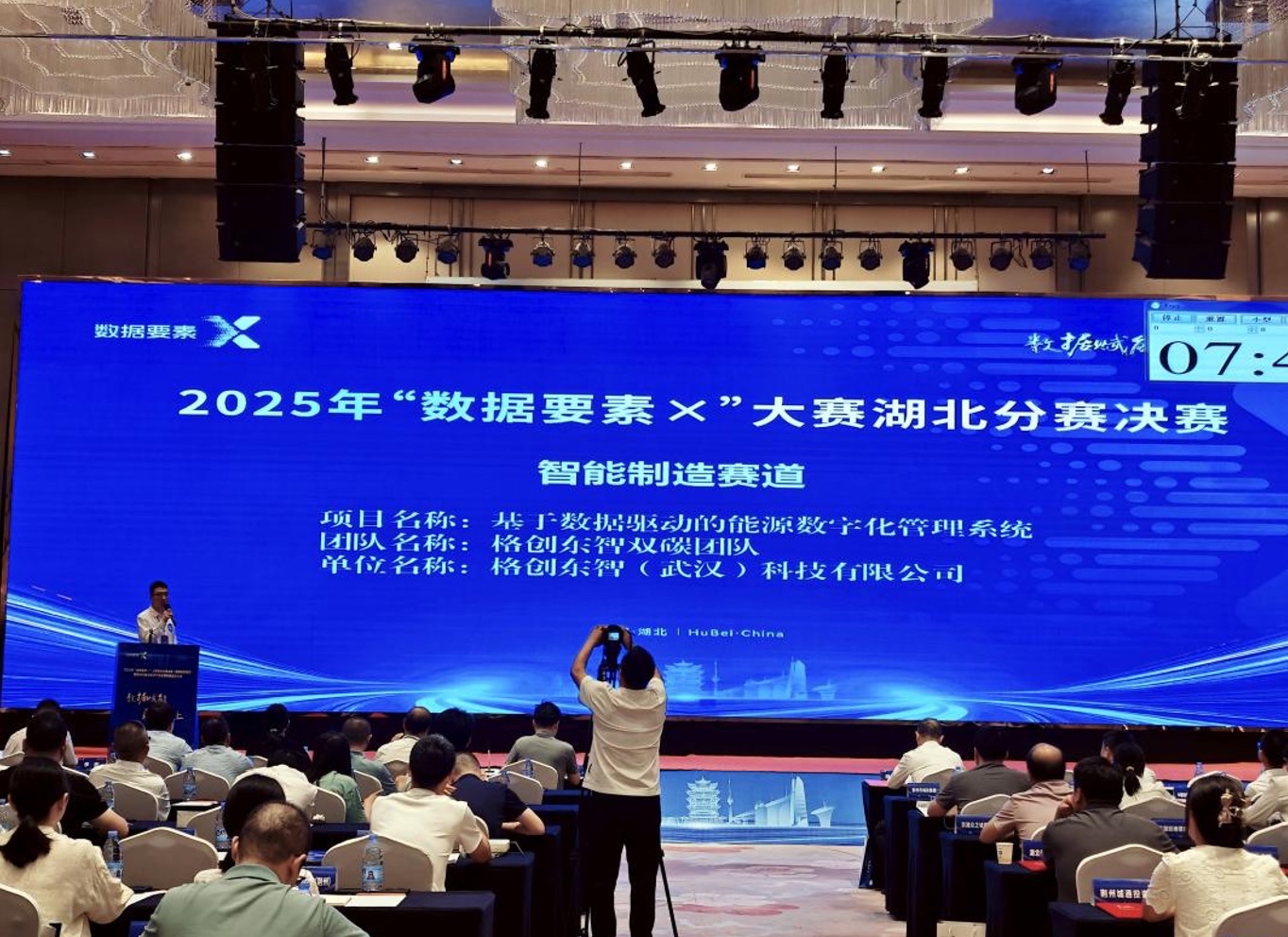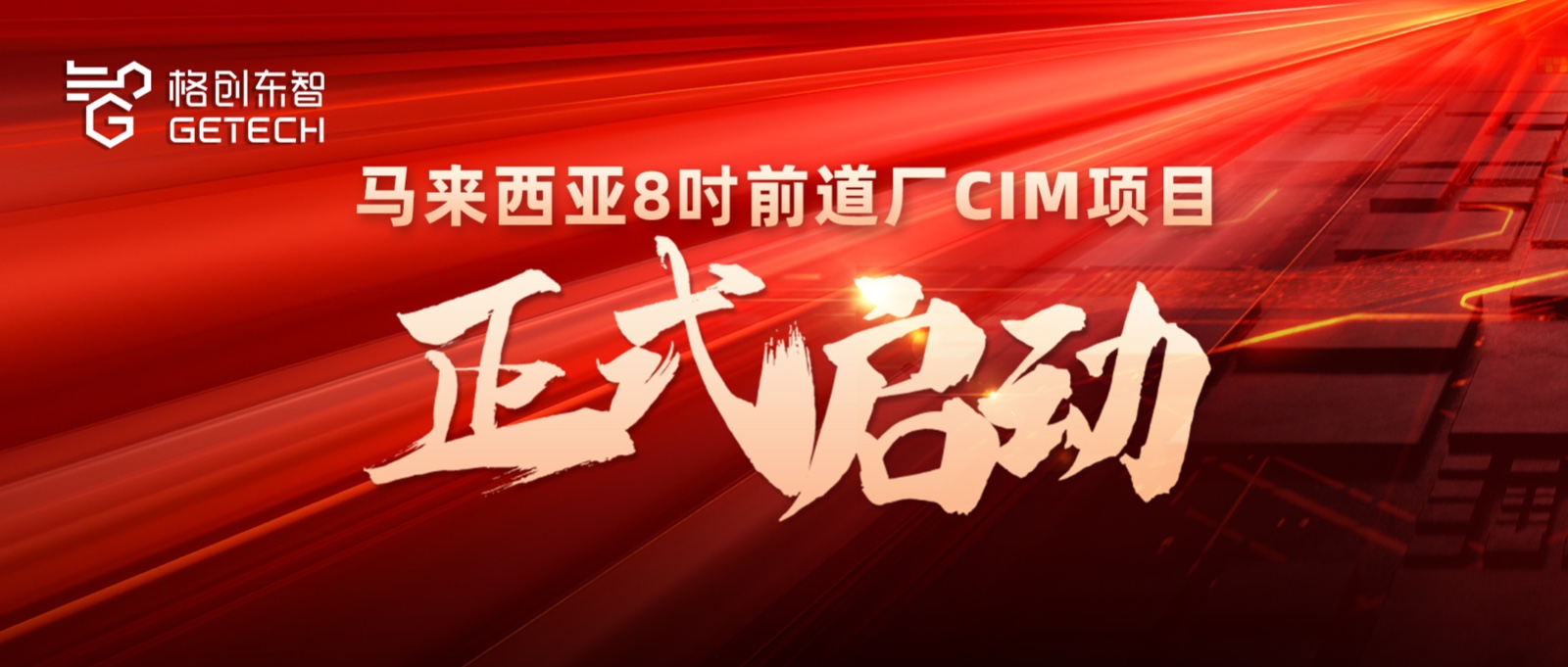Unveiling AI's 'Three Core Technical Methodologies' for Quality Management Transformation, GTRONTEC Empowers the Quality Ecosystem
On July 4, at the Quality Management Seminar Salon hosted by the China Quality Club, Zhao Zhi, General Manager of GTRONTEC's QMS Product Division, delivered a keynote speech titled 'AI Empowers Quality Management,' systematically explaining how industrial AI can break through the core challenges of traditional quality management. Addressing the AI upgrade for quality management, Zhao Zhi proposed a three-stage implementation path—'Data Governance × Model Development × System Autonomy'—and shared empirical cases of AI-driven quality prediction and management, providing over a hundred technical leaders in the quality ecosystem with practical approaches for AI + quality management implementation.
Currently, quality management in manufacturing is still constrained by reliance on manual efforts, fragmented data, and outdated rules. Zhao Zhi stated that the traditional quality management model, from 'manually defined rules' to 'system execution,' has limited coverage and lags in updates. In contrast, AI, through 'data-trained models' to 'automatically generated rules,' can break the boundaries of human experience. AI machine learning analyzes vast amounts of historical quality data (e.g., defect types, production parameters, environmental variables) to automatically identify potential quality influencers. For example, an automotive manufacturer applied a machine learning model to precisely identify temperature fluctuations of ±2°C as the key factor causing welding defects, reducing the defect rate in that process from 8% to 1.2%, directly addressing the core need for 'data insights' in quality management. Thus, Zhao Zhi recommended shifting from rule-driven to AI data-driven quality management paradigms.
Regarding the transformation approach, Zhao Zhi unveiled GTRONTEC's 'Three Core Technical Methodologies' for the first time: first, building a quality data foundation covering the entire product lifecycle, integrating multi-dimensional data sources such as equipment parameters, environmental variables, and material batches to improve effective data utilization; next, deploying intelligent detection systems to create high-precision models based on transfer learning technology, breaking through detection accuracy barriers; and finally, developing a root-cause-tracing 'Quality Brain' that uses knowledge graph technology to correlate factors across the entire chain—raw materials, equipment, processes—and employs AI correlation analysis to reduce root cause identification time to minutes. Zhao Zhi cited a battery swelling quality management project as an example, where the 'Quality Brain' system quickly identified the composite causes of 'abnormal electrolyte + injection pressure deviation + overtime operation,' significantly improving troubleshooting efficiency.
In terms of implementation path, Zhao Zhi shared GTRONTEC's three-stage approach to refining AI + quality management solutions: digitalization, intelligence, and autonomy. The first stage involves quality softwareization and data cleaning standards to address scattered data issues; the second stage focuses on developing specialized models for high-value scenarios (e.g., appearance inspection, equipment prediction) using a 'small steps, quick iterations' POC strategy for gradual expansion; finally, GTRONTEC established a closed-loop mechanism of 'data + model + decision-making' to achieve autonomous quality control.
Taking quality prediction as an example, based on real-time process parameter data and measurement data, GTRONTEC developed an AI + big data mining quality prediction model. This model enables real-time monitoring of process quality dynamics without interrupting production, identifies potential quality risks in advance, allows timely adjustments to production strategies, and ultimately improves product quality while reducing waste rates. Additionally, the company has developed a rich suite of AI + quality management tools, such as automated 8D report generation solutions, intelligent construction of process information and FMEA, quality indicator trend prediction and analysis systems, and automated inspection strategy optimization solutions. In a case involving a leading domestic robotic vacuum cleaner manufacturer, the use of AI-generated 8D reports for after-sales issues has driven the quality department's transformation from a cost center to a profit center, creating nearly ten million RMB in annual implicit benefits for a single factory.
GTRONTEC has long held a first-mover advantage in industrial AI R&D and testing. Leveraging over 40 years of TCL Group's industry know-how barriers, the company has rebuilt a fully independent and controllable system, developed its own AI large model platform, and deeply integrated advanced AI tools into multiple business scenarios, including manufacturing execution, equipment automation, quality management, energy and carbon management, logistics automation, and digital supply chain, maintaining leadership in technical strength, industry recognition, and customer satisfaction.
At this seminar, GTRONTEC's presentation enabled participants to understand the AI implementation of quality management, from strategy output to algorithm training. As a leader in industrial AI, GTRONTEC will continue to explore more possibilities for AI + quality management, empowering more)advanced manufacturing customers to achieve high-quality growth.





